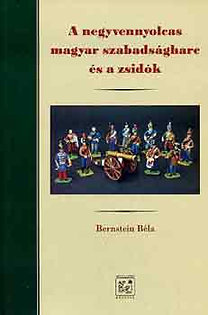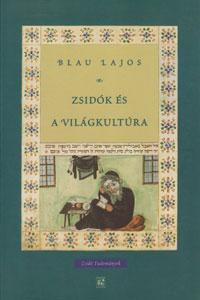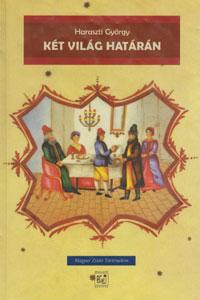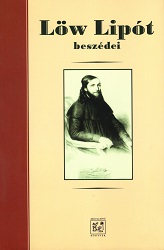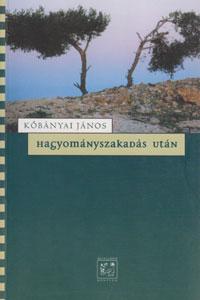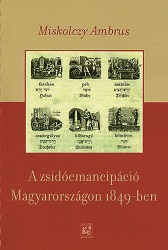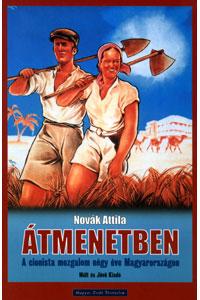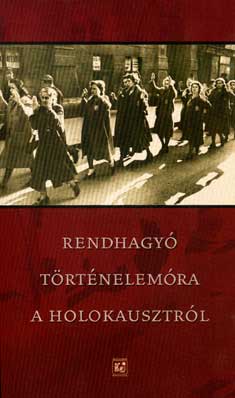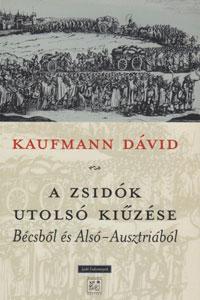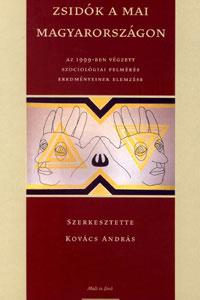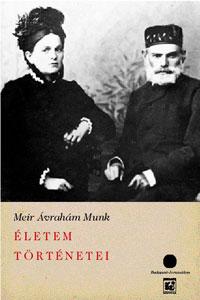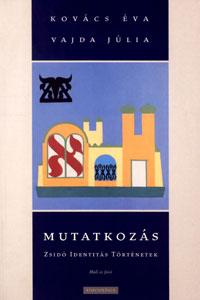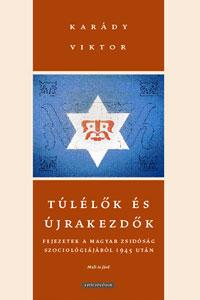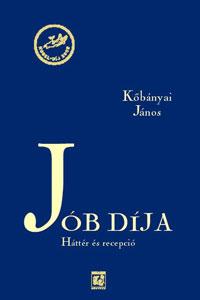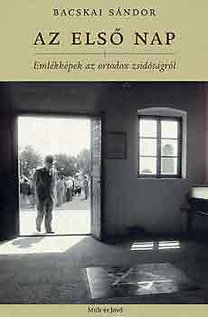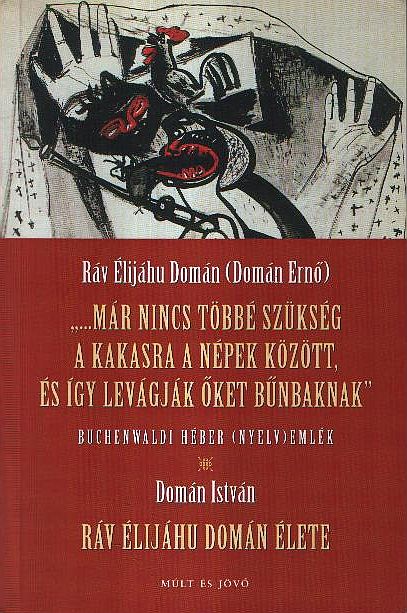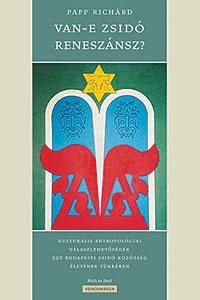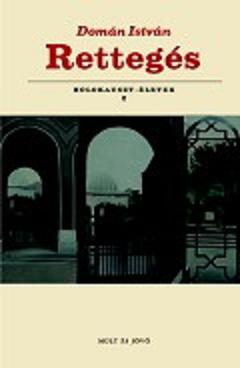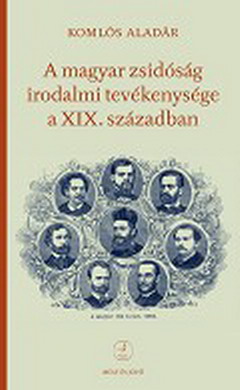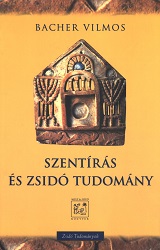
The Bible and the Jewish Science
Szentírás és zsidó tudomány
Keywords: Bible;
Wilhelm Bacher (January 12, 1850–1913) was a Hungarian scholar, Orientalist, and linguist. In 1877, he was appointed by the Hungarian government to the professorship of the newly created Landesrabbinerschule of Budapest and remained as teacher of the Biblical sciences and Jewish history. The congregation of Pest appointed Bacher director of the Talmud-Torah School in 1885. In 1884 Bacher and Joseph Bánóczi founded the review “Magyar Zsidó Szemle” (Hungarian Jewish Review), which they conjointly edited during the first seven years. In 1894 he assisted in founding the “Izraelita Magyar Irodalmi Társulat” (The Israelite Hungarian Literary Society). This society instituted a new translation of the Bible into Hungarian - the first complete translation due solely to Jewish initiative. The first five volumes of year-books of the society were edited by Bacher in conjunction with F. Mezey and afterward with D. Bánóczi.
More...
